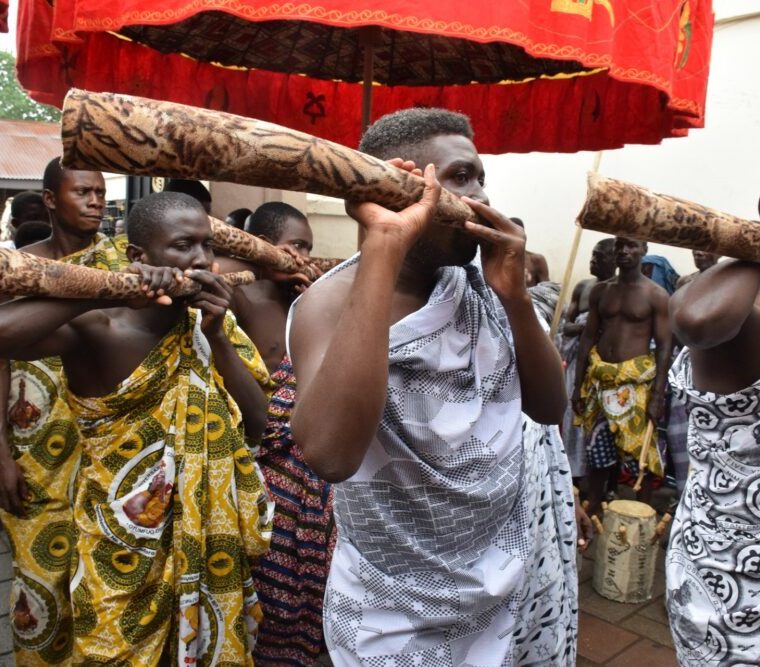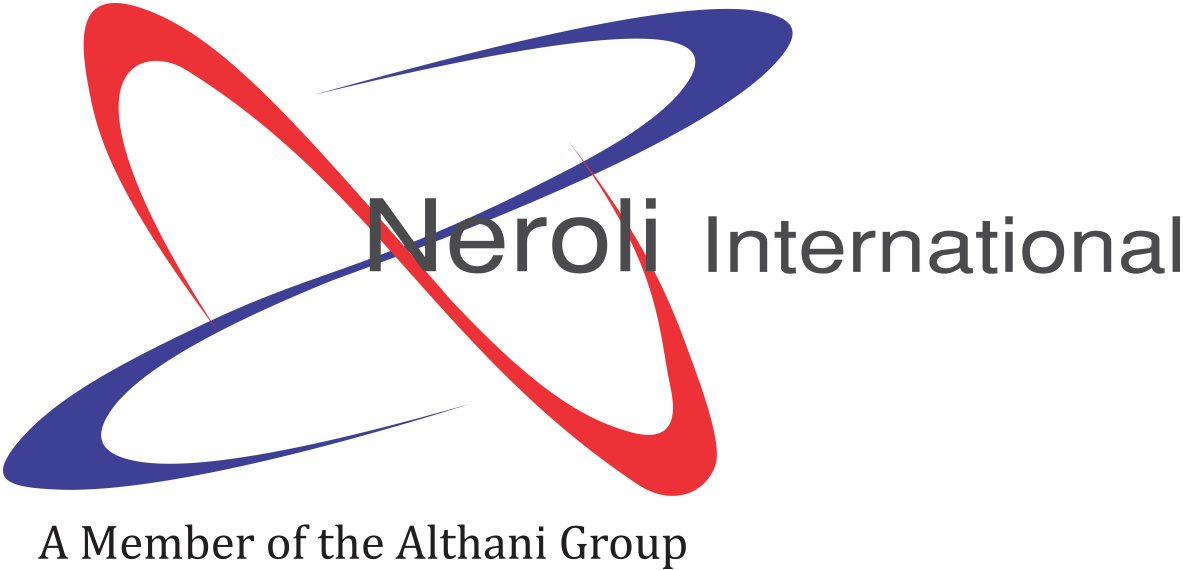
DEMOCRATIC REPUBLIC OF THE CONGO
Official Name: Democratic Republic of the Congo
Capital: Kinshasa
Location: Central Africa Africa
Population: Approximately 102.3 million (2023 estimate)
Language: French (official)
Currency: Congolese franc
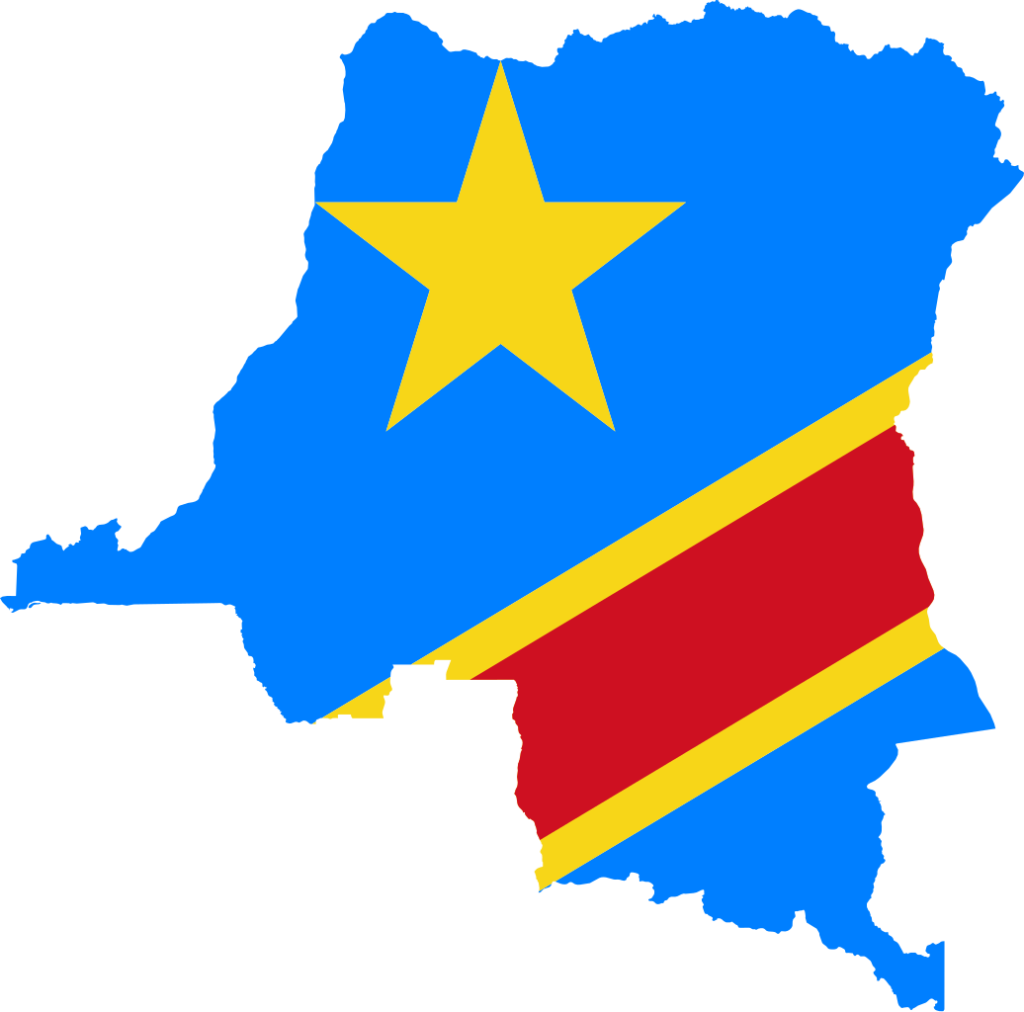
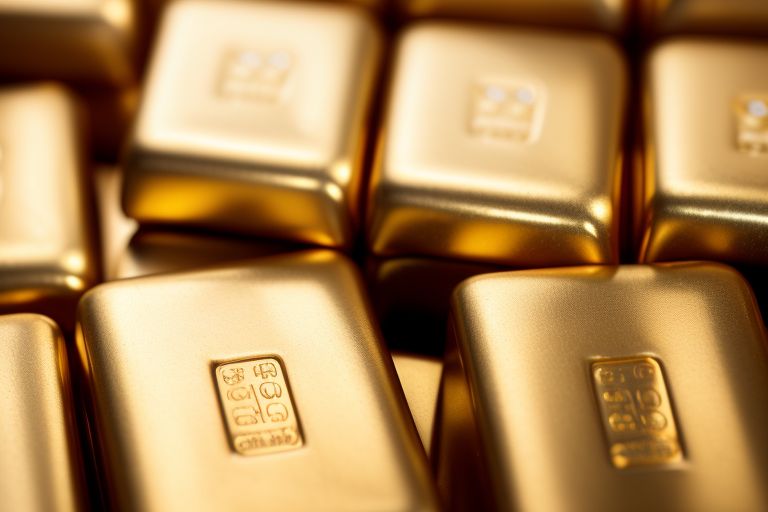
Gold
Ghana is Africa's largest producer of gold and ranks among the top ten producers globally. Gold mining is the backbone of the country’s mineral wealth and one of the largest sectors in its economy. Key mining companies operating in Ghana include Newmont, AngloGold Ashanti, and Gold Fields.
Contribution to Exports: Gold constitutes more than 40% of the country's total exports.
Mining Regions: Ashanti, Western, and Eastern regions are the leading gold-producing areas
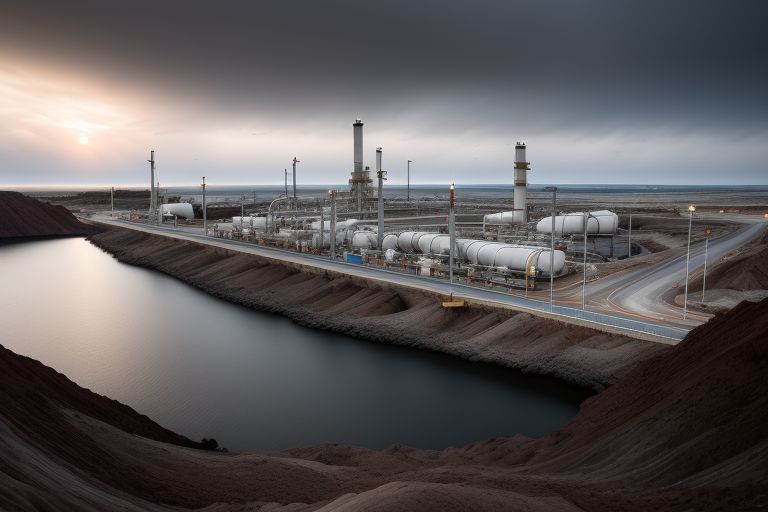
Bauxite
Ghana possesses significant bauxite reserves, particularly in the Atewa Range and Nyinahin areas. Bauxite is a key input for the aluminum industry, and the country has ambitious plans to further develop its bauxite sector to bolster local processing industries.
Contribution to Exports: Bauxite is an essential export, with plans to increase refining capacity domestically.
Potential Growth: The Ghana Integrated Aluminum Development Corporation (GIADEC) is spearheading efforts to establish an integrated aluminum industry.
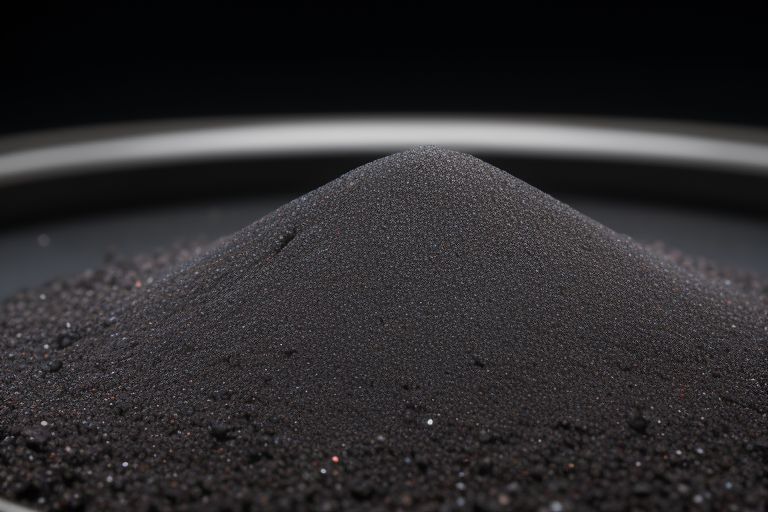
Manganese
Ghana is one of the world’s leading producers of manganese, which is essential in steel production. The Nsuta Manganese Mine, located in the Western Region, is one of the largest manganese reserves in the world.
Contribution to Exports: Manganese exports contribute significantly to Ghana’s economy, with global demand primarily coming from China and the United States.
End Uses: Manganese is crucial for steel production and in the development of batteries for renewable energy.

Diamonds
Ghana’s diamond sector, although smaller than the gold industry, has been a consistent contributor to the country's mining economy. Diamonds are mined predominantly from alluvial deposits, especially in the Eastern Region.
Contribution to Exports: Diamond exports provide a steady income stream, with the majority of diamonds being of industrial grade.
Mining Areas: Akwatia remains the traditional hub for diamond mining.

Oil and Gas
Discovered in commercial quantities in 2007, oil has rapidly become a key player in Ghana’s resource wealth. The Jubilee oil field, along with the TEN (Tweneboa, Enyenra, and Ntomme) fields, are the country’s primary offshore oil reserves.
Contribution to Exports: Oil accounts for a significant portion of Ghana's export revenue, and the sector has helped diversify the economy.
Production Capacity: Ghana’s oil production is steadily increasing, contributing not only to exports but also to domestic energy needs.
Export Potential and Economic Impact
Economic Contribution
The mining and oil sectors collectively contribute over 30% of Ghana’s total exports, with gold alone making up a substantial portion of this. These industries also play a crucial role in job creation, infrastructure development, and government revenue through taxes and royalties.
Foreign Investment
Ghana’s mining and oil sectors attract significant foreign direct investment (FDI), with major multinational companies heavily involved in resource extraction. The stable political environment, favorable regulatory framework, and investor-friendly policies make Ghana a top destination for mining and resource-based investments.
Development of Local Industry
To maximize its resource wealth, Ghana has initiated policies to develop local refining and processing industries. For example, efforts to process bauxite into aluminum and plans to refine more crude oil domestically are part of the government’s broader industrialization agenda. These initiatives aim to retain more value within the country and reduce dependence on raw mineral exports.
